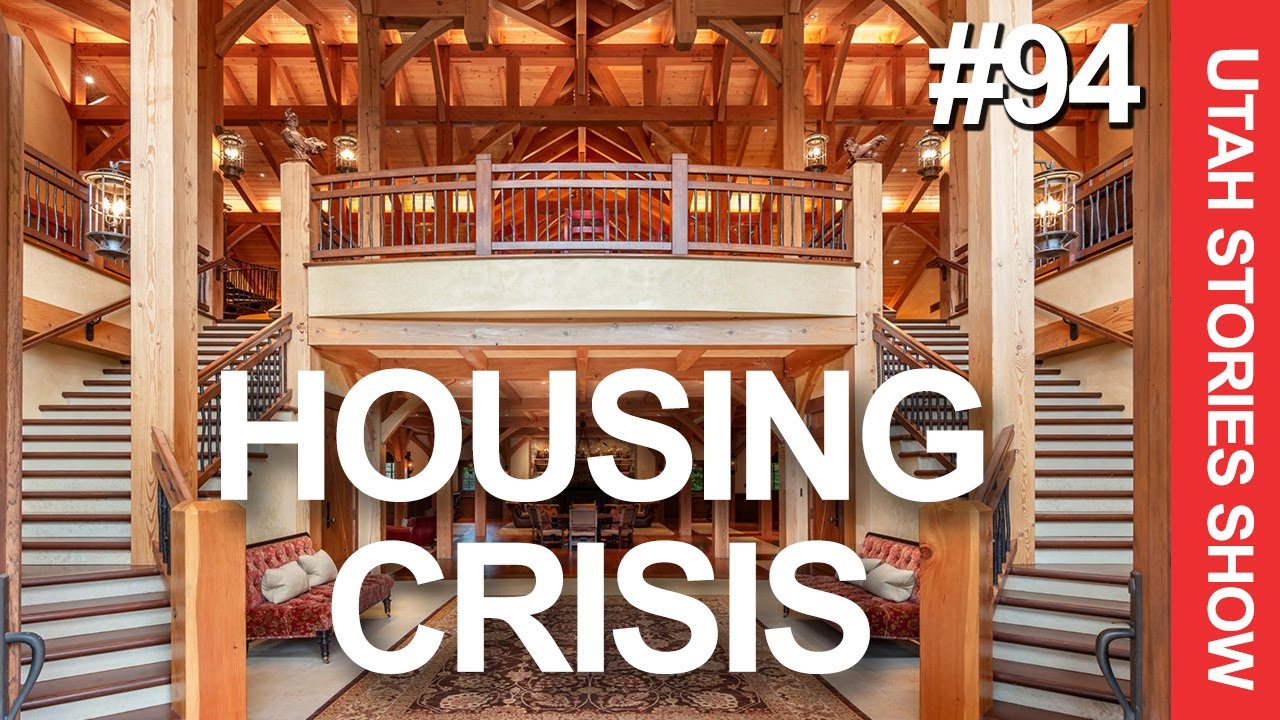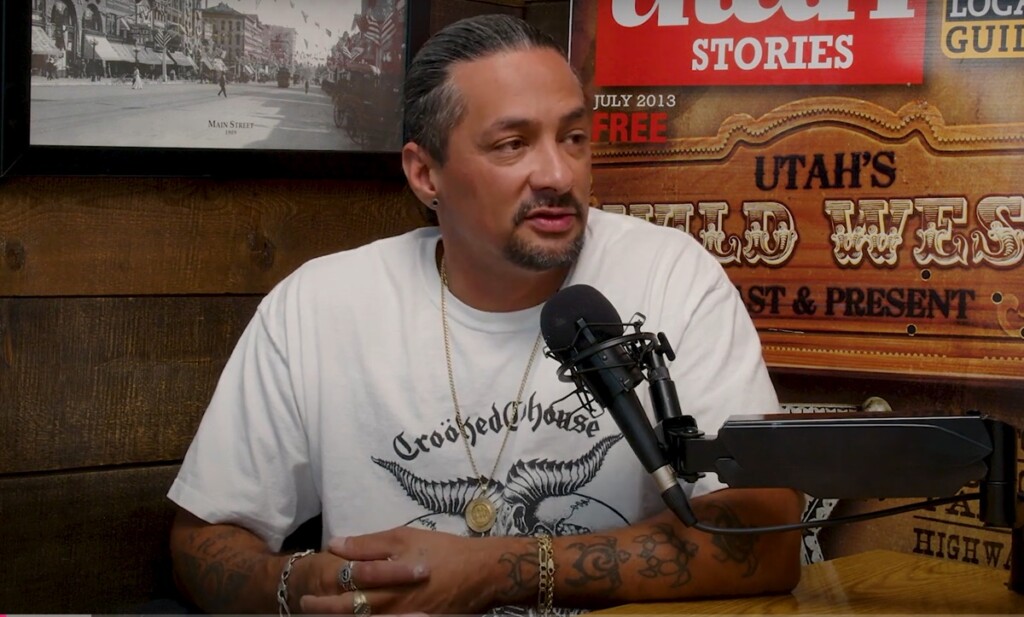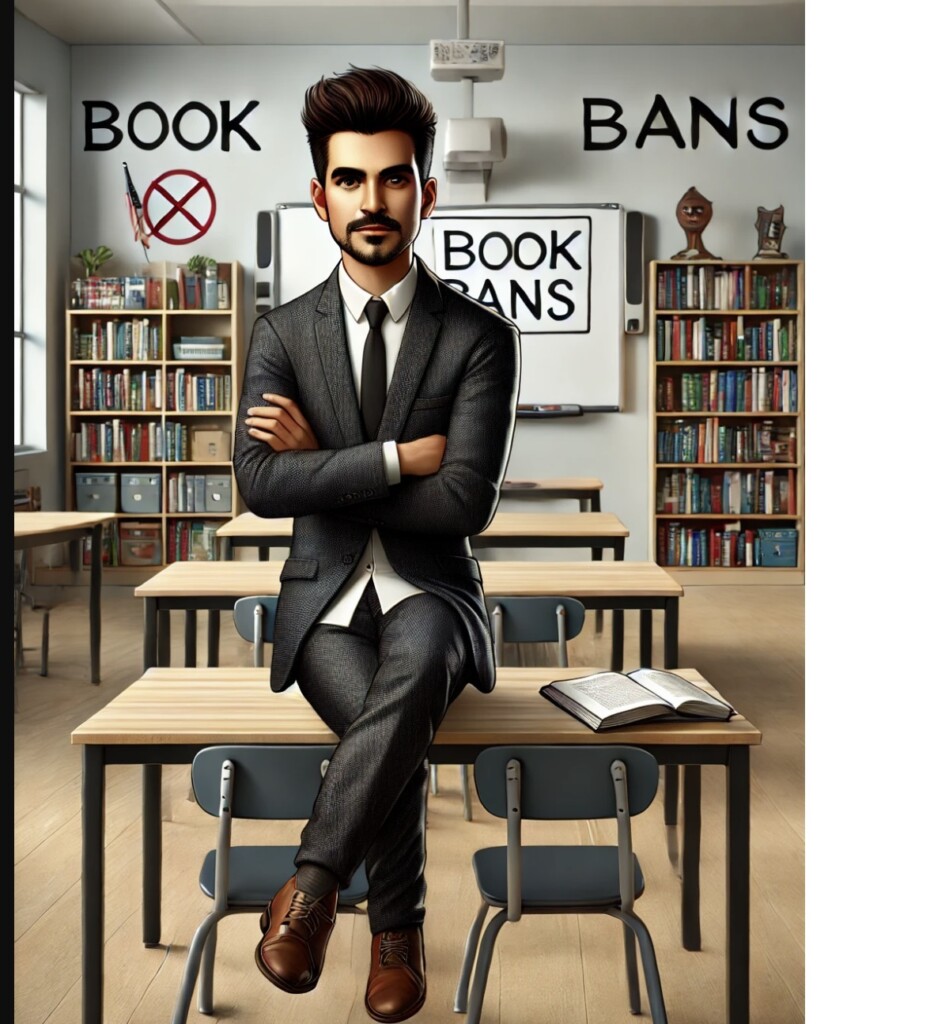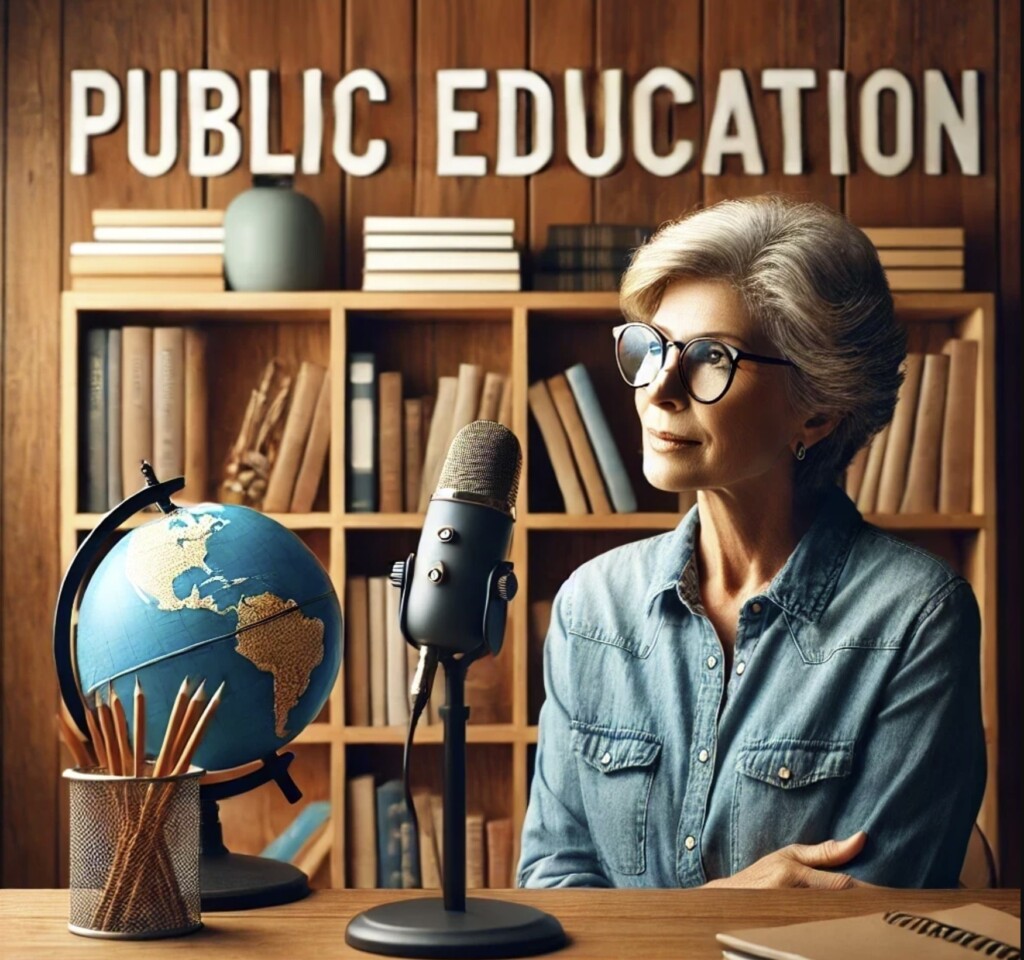
Utah has long been an incredible state for incubating small businesses. It’s a place where nearly everyone has an idea that they dream up and turn into a prototype or business concept. But how will the current housing crisis impact small business start-ups in Utah? As the average price of homes in Salt Lake County now approaches $500,000, and our homeless population keeps growing, what will happen when middle-class residents can no longer afford to buy homes?
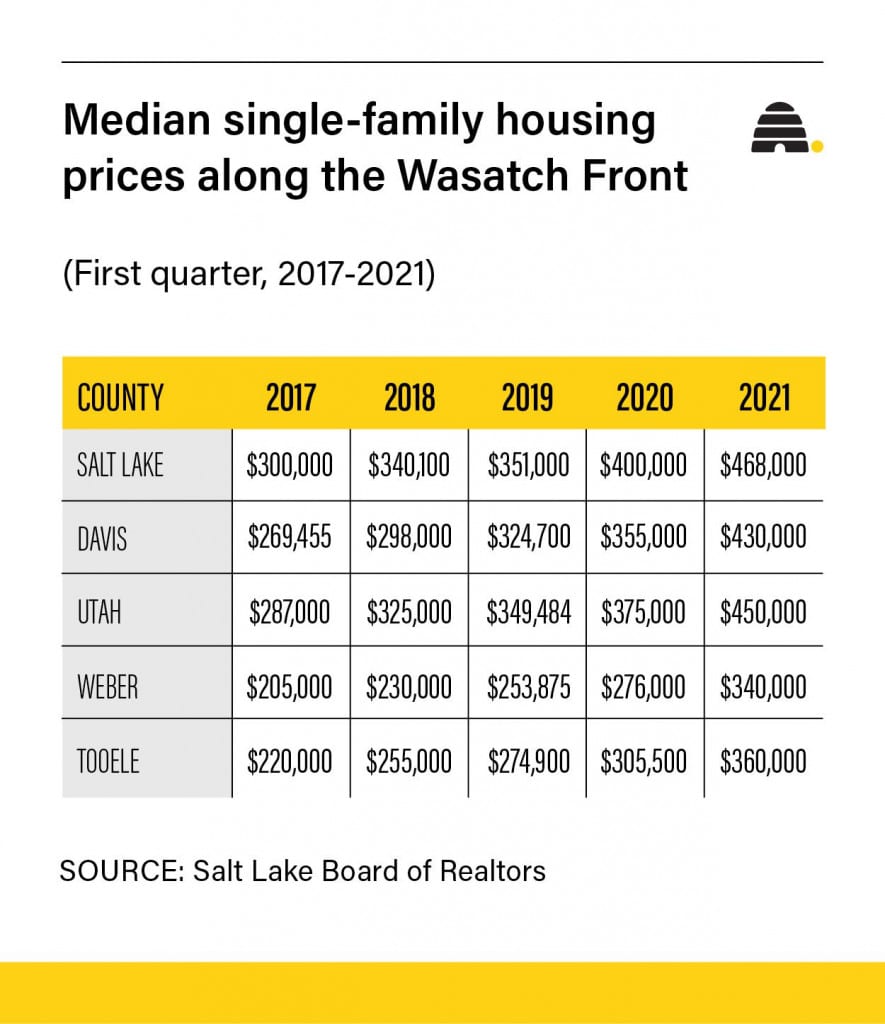
Owning real estate offers Utah residents the best mechanism for wealth preservation. If the middle class can no longer afford to buy single-family homes, how will this impact small business start-ups? Based on the statistic that 69% of all small businesses are started up mainly by personal home equity loans, it will likely have a significant impact. This is bad news if we appreciate our local communities being made up of primarily small, local shops.
The largest corporations in the United States are getting larger and more profitable, and more influential in government, while small businesses have been decimated by COVID government mandates.
In this episode, we examine how and why government leaders favor large businesses over small, and how the “backbone of our economy”, small businesses (according to Harvard Business Review) are seeing greater failure rates, more closures, and greater losses than ever before. Small businesses account for 99.9% of all business entities in the United States, there are 30.2 million small businesses in America, yet it’s large corporations that get the majority of stimulus funding, tax breaks and corporate welfare.
Support Utah Stories by visiting our homepage and our sponsors:
Subscribe to Utah Stories weekly newsletter and get our stories directly to your inbox

